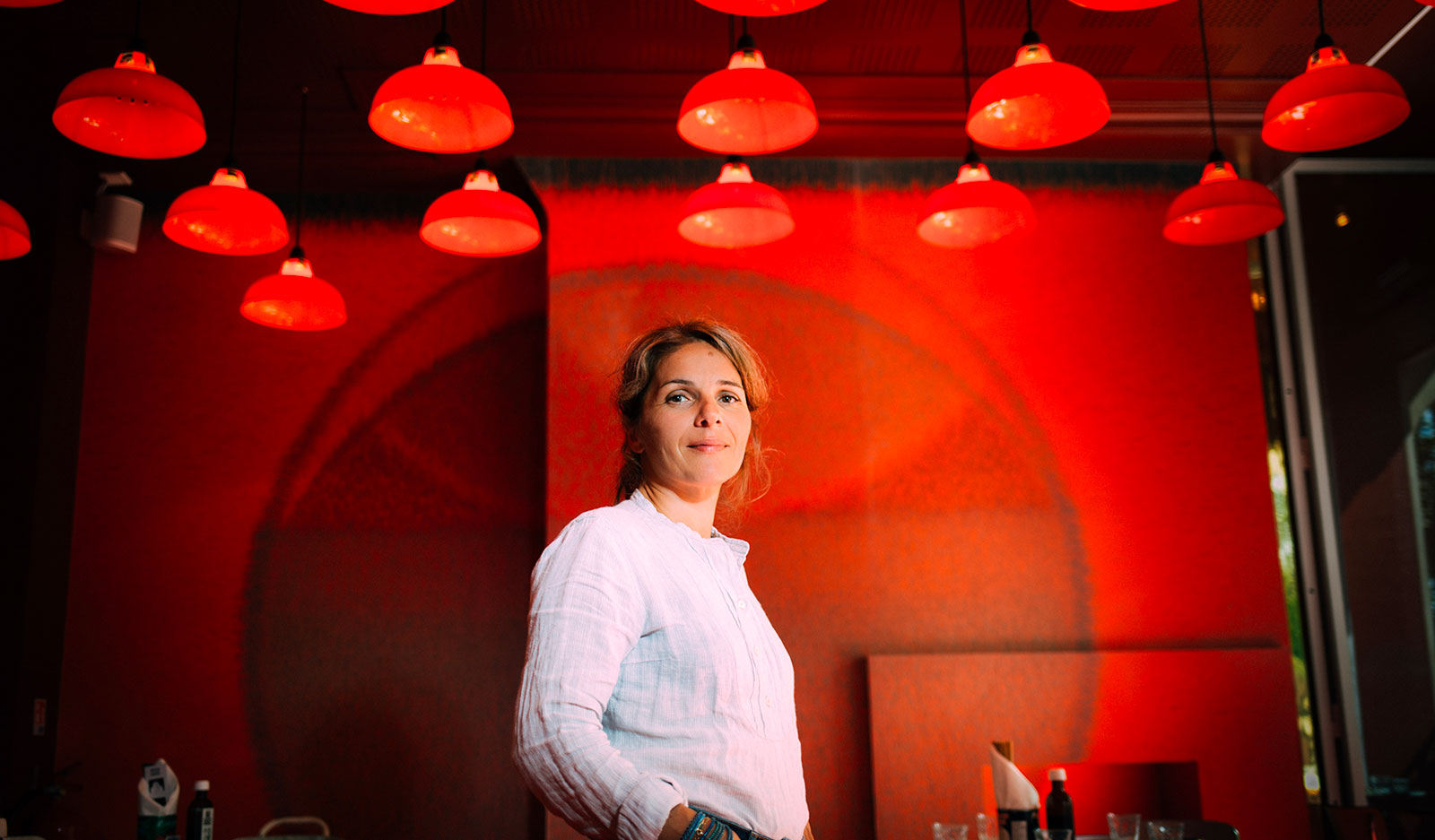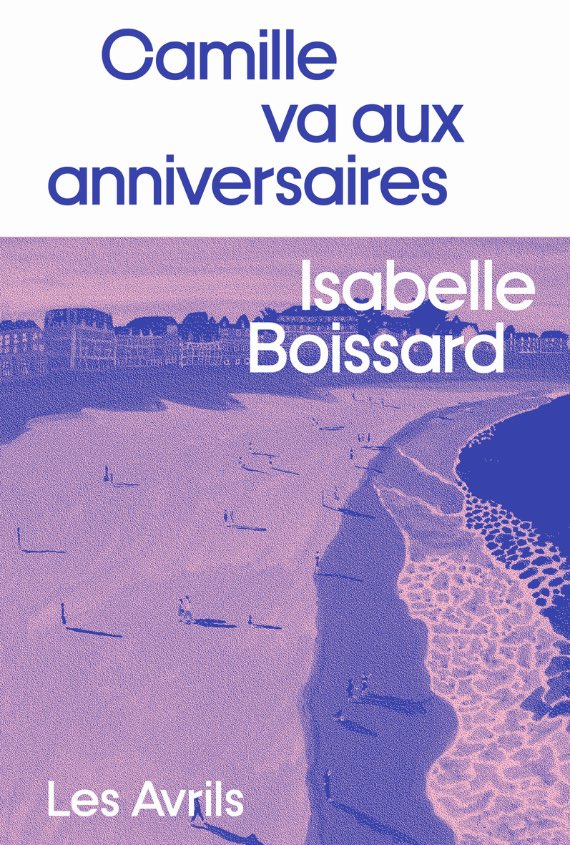In this second novel, Camille va aux anniversaires, the heroine returns to France to help her best friend organise his girlfriend’s surprise birthday party. For twelve days, with her mission in mind, this recently separated 52-year-old expatriate shares her thoughts and observations on the world around her. When Isabelle Boissard comes to Athenaeum on 4 July, we take a look back at this scathingly humorous book.
What prompted you to take up writing again after the success of La fille que ma mère imaginait? Was it your own experience as an expatriate?
Several things. Starting, after my first novel, with a Kobo commission published under a pseudonym. I wasn’t sure how that was going to work out… Then there was a grant from the Centre National du Livre. Both gave me new confidence, at a time when I felt I had little or no right to write. And yes, as you mentioned, I’ve also returned to France after a spell as an expatriate. My friends and acquaintances suggested that I « write about my return »… Even though my experience has nothing in common with Camille’s, I seized the opportunity to take the plunge.
This new novel takes the form of the diaries we used to have before Instagram replaced them. Why this choice?
In my opinion, there is a major difference between a diary and an Instagram account. I see absolute sincerity in the former. This format allows for the politically incorrect, the most intimate of confidences… It’s THE place to express total freedom. In that respect, the diary suited me perfectly. I wanted to cultivate Camille’s introspective side. I wanted her to give herself away completely…
Your heroine does indeed let herself go. By questioning our age and its quirks, she nails everything we love to hate or hate to love: bicycles in Paris, games of chance, Instagram, coaches, scooters, estate agents, good taste… Would you say that Camille is disenchanted, or even, let’s be crazy, a ‘hater’?
My feeling, and the feedback I get on Camille, is that she dares to say out loud what people are thinking. She takes a step to the side to observe our world and its failings, in particular their mirror: Instagram. But with a great deal of humour, and without forgetting to pin herself down. So I don’t think she’s a ‘hater’.
You write that she has inherited the « embarrassment of embarrassment ». Does this explain her feeling of never fitting in?
My first novel, La fille que ma mère imaginait, told the story of a geographical and social expatriation. Isabelle’s, in this case. Camille has a lot in common with her. She suffers. She’s not a strong, decisive woman. She’s always in a state of semi-consent, constantly looking for her place.
That’s probably typical of expatriates, isn’t it?
I don’t think so. On the contrary… I’ve always known a lot of expats who are perfectly at ease in this very pleasant life, both on paper and in reality. The fact remains that I was brought up with the idea that you have to put up with a lot in life. As a result, finding myself a ‘follower spouse’ in extremely comfortable conditions led to the paradox of hardly accepting this situation.
As you said, Camille has a certain distance and a great deal of humour, which makes her very endearing. But is that also what keeps her going?
There’s no mistaking it: Camille, like Isabelle, leads a very pleasant life. But, yes, clearly, humour is a real lifeline. It’s a way of tackling a lot of more or less sensitive issues, getting messages across, putting things into perspective… Not to mention the fact that, despite all the technological hype, we still don’t know what happens after death. Humour helps, I think, to cope with this mystery, which remains unresolved.
Camille is all the more endearing because she ends up finding his place. And, at the same time, the writing follows suit: the paragraphs get longer, the style is less nervous…
I really wanted the reader to see the light. Camille calms down once she arrives in Brittany. Especially as she is accompanied on her travels by some particularly kind-hearted men: André, of course, but also Antoine… That’s an important point. In this novel, I wanted to talk about men who are not to be deconstructed, to use that fashionable verb.
What’s next? Are you working on a sequel?
I’m brewing for the moment. And, to tell you the truth, the water’s still pretty clear…


